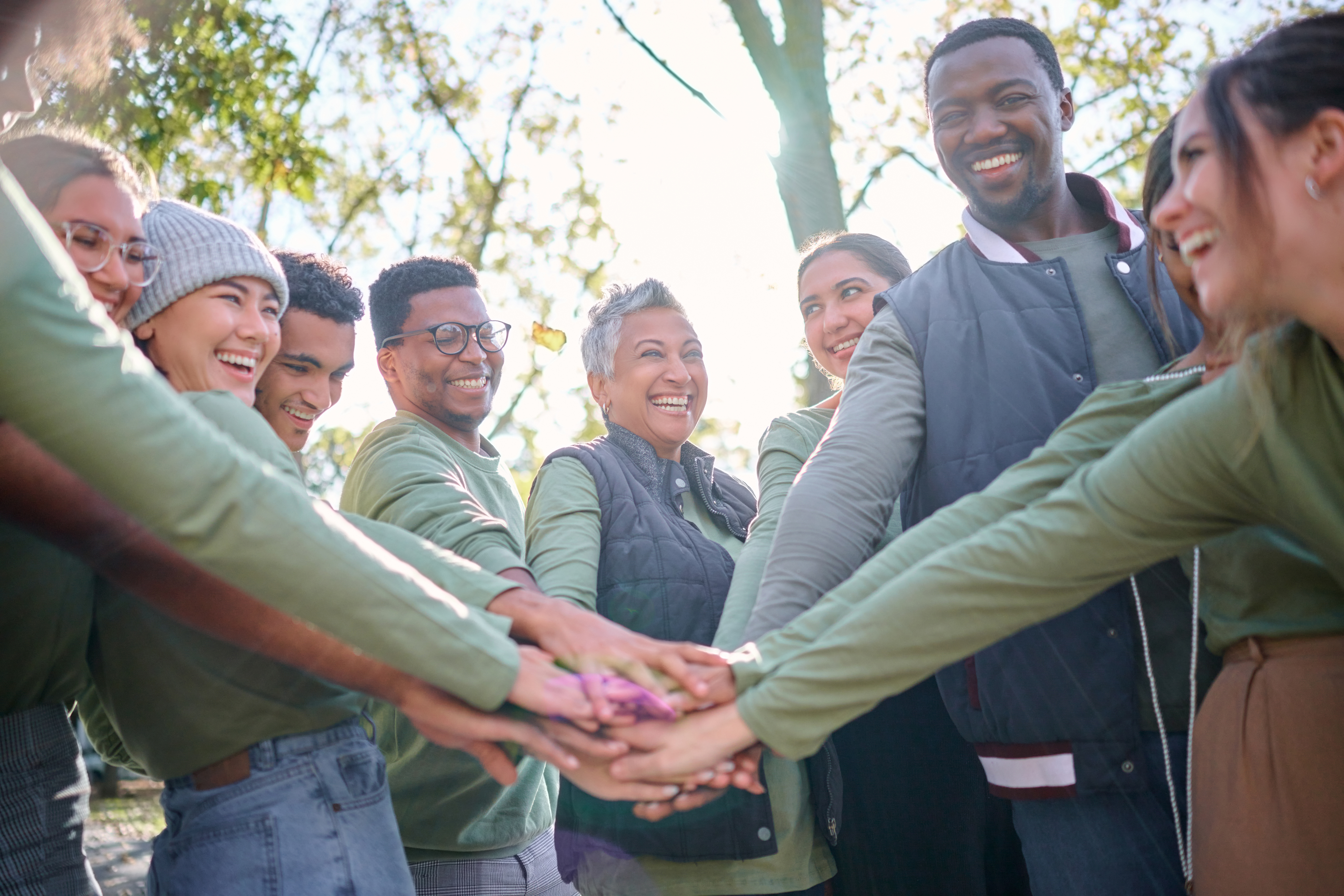Welcome to the blog
How To Support Your Loved Ones

December 22, 2024
Would you say you know how to support your loved ones? As a therapist, I have so many clients who face hardships in learning to interact with loved ones. These individuals struggle with mental wellness, physical illness, family troubles, and more. Many times, we hear what those who are struggling can do to help themselves. However, it is not so often that we consider how those within the support system can help their loved ones.We must practice humility by thinking to ourselves: “Hey, communication involves two people. What can I do to help improve my relationship and communication with this person?”
Boundaries versus Blockades
It is important to know that it is not the responsibility of our loved ones to manage others’ mental health. However, there’s absolutely no reason we can’t operate from an informed perspective to improve our relationships. An informed perspective could be as simple as someone asking a question. Such as, “Hey, I’m having a hard time understanding what you are trying to communicate right now. I am more than happy to listen and try my best to understand a bit better. Would it be okay if I asked a few questions while you explain?” Allow the person to answer and offer insight. Furthermore, it is also important to remind ourselves that we are there for support, not to solve all of our loved one’s problems. Described best by Prentis Hemphill, “Boundaries are the distance at which I can love you and me simultaneously,” and I encourage us all to consider the capacity at which we are willing to show up for our loved ones (Goodreads. (n.d.).Read more about setting healthy boundaries here!
Counseling Can Help Learn to Cope
You are not alone! With all different types of personalities and different walks of life, it can be challenging to understand how to interact with such an array of individuals. For example, individuals with mood disorders may have a more challenging time regulating their emotions throughout conversations. Learning how to identify triggers and work with individuals can help facilitate better dialogue and help them feel understood. This can benefit all parties involved. Whatever the case may be, there is hope for happier and healthier relationships with these loved ones!
To learn more about support systems, check out this YouTube video!
Safe Space Healing Collective can help! We provide mental health counseling, as well as other mental health services. To begin counseling in Austin, TX follow these three steps:
- Contact our office to set up an appointment or to learn more information.
- Meet with one of our knowledgeable therapists.
- Start feeling more seen, heard, and understood!
Other Therapy Services We Offer:
Here at Safe Space Healing Collective, we offer counseling services for people of all ages in areas including Complex PTSD, PTSD, Attachment Trauma, Somatic Trauma Work, LGBTQIA+ mental health, Identity Exploration, Dissociation, Women’s Issues, Adolescent Issues, Anxiety, Depression, Troubled Childhood, Exploring Sexuality & Gender Expression, Blended Families, Healthy Communication & Conflict Resolution, Relationship Issues, Personal Growth, Life Transitions, Grief & Loss, Family Estrangement, Death & Dying, Career Transitions, Problems at Work & School, Interrupted sleep/Insomnia. Our therapists strive to post blogs regularly. We provide helpful information on a variety of mental health topics. To learn more about our therapists and our counseling services, please reach out to the Healing Collective today!
Leave a Reply Cancel reply
thank you!
We'll be in touch.
The safe space can be wherever you make it
2525 Wallingwood Dr, Suite 1503, Austin, TX 78746
info@safespacehealingcollective.com | 512.387.1964